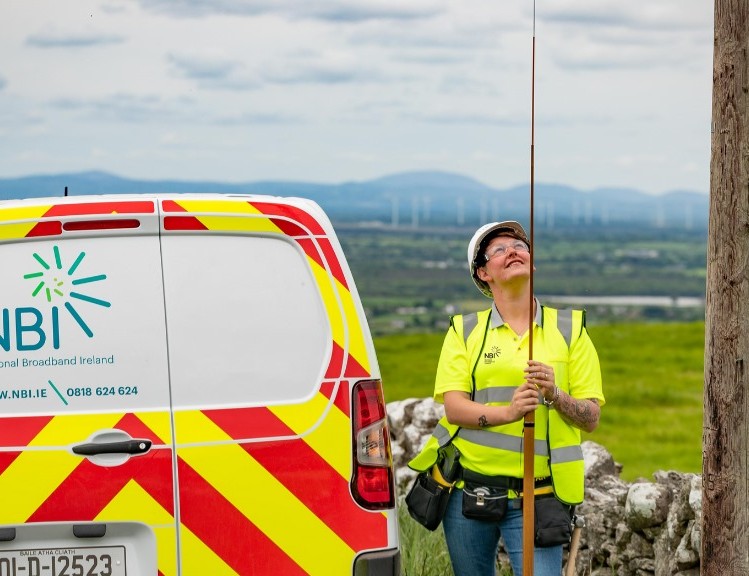On June 15, as a long-awaited agreement on the Programme for Government paved the way for the formation of the new cabinet, solicitors at Dublin law firm Mason Hayes and Curran advising the Department of Communications on the National Broadband Plan put the finishing touches to a redacted version of the contract with the Granahan McCourt-controlled group of companies selected to deliver high-speed Internet connectivity to half a million rural homes and businesses. The documents have been ready ever since, awaiting sign-off from the new minister tasked with overseeing the broadband roll-out, Eamon Ryan, but not made public. Until today.…
Cancel at any time. Are you already a member? Log in here.
Want to read the full story?
Unlock this article – and everything else on The Currency – with an annual membership and receive a free Samsonite Upscape suitcase, retailing at €235, delivered to your door.

